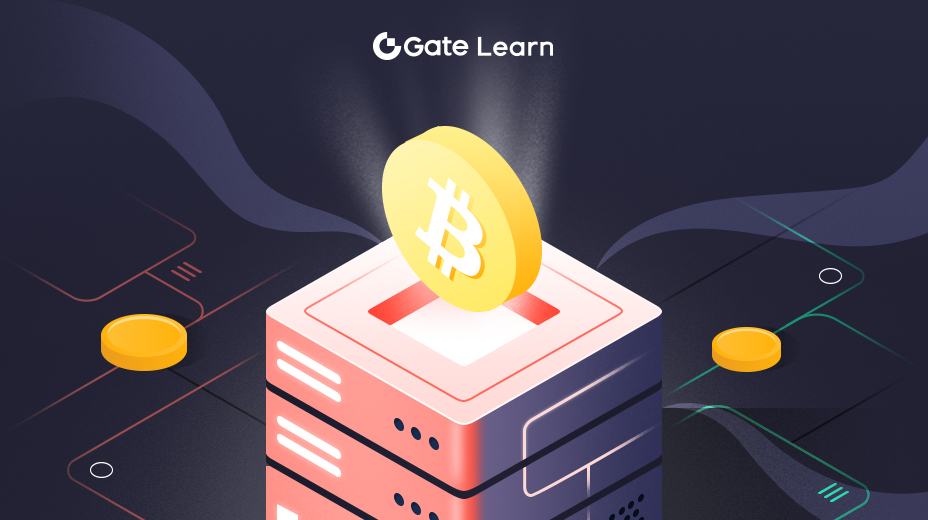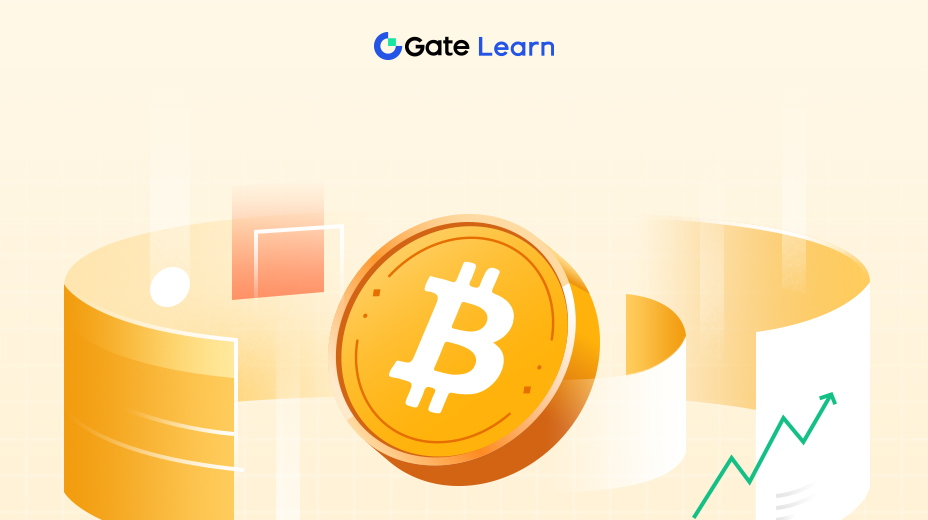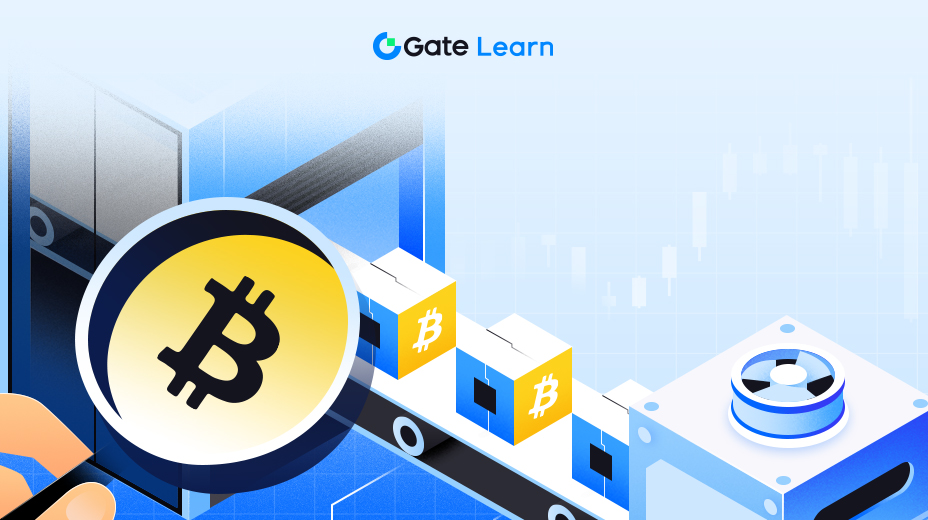Estudo de caso: Bubblewars
Este módulo é um estudo de caso sobre o Bubblewars, que detalha como ele utiliza a tecnologia Cartesi para jogos e tokenização.

Bubblewars é um jogo multiplayer on-chain baseado em Cartesi Rollups que é inspirado no popular jogo agar.io. Em Bubblewars, as "bolhas" controladas pelo jogador crescem comendo "bolhas" menores e competem em tempo real para se tornar a maior "bolha" no tabuleiro do jogo. As mecânicas do jogo são totalmente descentralizadas, permitindo que os jogadores apostem no verdadeiro valor e participem de jogos competitivos através de estratégia e rápida tomada de decisão.
Arquitetura de Tecnologia
Bubblewars utiliza a solução Layer-2 da Cartesi para lidar com a complexa interação em tempo real necessária para o jogo. A lógica do jogo, incluindo detecção de colisão, crescimento de bolhas e atualização de estado, é processada em um ambiente off-chain dentro da Máquina Cartesi, o que permite um funcionamento suave do jogo. O estado do jogo é ancorado periodicamente na cadeia para garantir transparência e segurança, tornando cada interação verificável e à prova de adulteração.
Mecânica do jogo:
Os jogadores precisarão se movimentar pelo tabuleiro do jogo e devorar estrategicamente pequenas bolhas, evitando inteligentemente grandes bolhas. A natureza em tempo real do jogo requer reflexos rápidos e a capacidade de pensar à frente, pois a situação no campo pode mudar rapidamente.
Bubblewars, semelhante ao Ultrachess, permite que os jogadores apostem em seu próprio desempenho. A natureza descentralizada do jogo garante que todas as apostas e resultados sejam públicos, transparentes e verificáveis, adicionando uma camada de competição. Os jogadores podem ganhar recompensas ao vencerem partidas e participarem ativamente do ecossistema do jogo. Essas recompensas são distribuídas estritamente de acordo com as regras do jogo, e os contratos inteligentes garantem a equidade e transparência do processo de distribuição.
Desenvolvimento e progresso
Bubblewars tem como objetivo mostrar a capacidade do Cartesi de suportar aplicativos descentralizados interativos e em tempo real. O jogo ainda está em desenvolvimento, e a equipe continua a otimizar o desempenho e expandir recursos. Os primeiros testes já demonstraram o potencial do jogo para atrair jogadores concorrentes, destacando os pontos fortes de Cartesi no suporte a experiências complexas de jogos descentralizados.
Um dos maiores desafios no desenvolvimento do Bubblewars é garantir que o jogo possa lidar com atualizações rápidas em tempo real necessárias para uma experiência de jogador de alta qualidade. O modelo de computação off-chain da Cartesi não só fornece a escalabilidade necessária, mas também mantém a integridade e segurança das interações on-chain.
Para atrair e reter jogadores, a Bubblewars está empenhada em fornecer uma experiência de usuário comparável aos jogos online tradicionais. Isso requer uma grande quantidade de otimização, incluindo a redução de atrasos e o aprimoramento da responsividade e atração do mecanismo de jogo. Conforme o desenvolvimento continua, a equipe se concentrará em aprimorar o mecanismo de jogo, aumentar a escalabilidade e fortalecer a comunidade de jogadores.
Destaque
- Arquitetura de Rollups da Cartesi: Bubblewars depende dos Rollups da Cartesi para gerenciar interações complexas do jogo, como detecção de colisão e crescimento de bolhas, que são realizadas off-chain para garantir uma experiência de jogo suave, enquanto ancora periodicamente o estado do jogo on-chain para garantir transparência.
- Estratégia em tempo real: os jogadores devem navegar estrategicamente pelo tabuleiro do jogo, usando reações rápidas para absorver bolhas menores e evitar bolhas maiores, enquanto o estado do jogo evolui em tempo real.
- Apostas na cadeia: o jogo possui um sistema de apostas, onde os jogadores podem apostar em seu próprio desempenho, com os resultados e pagamentos sendo gerenciados por contratos inteligentes para garantir justiça e transparência.
- Foco no desenvolvimento: Os testes iniciais de reprodução mostraram potencial, e o desenvolvimento contínuo é projetado para otimizar o desempenho, reduzir a latência e expandir a funcionalidade para atrair uma base de jogadores competitiva.
- Escalabilidade e Experiência do Usuário: O Bubblewars está empenhado em fornecer uma experiência de usuário fluente comparável aos jogos online tradicionais. Para atingir esse objetivo, a equipe de desenvolvimento está superando desafios técnicos por meio de extensas otimizações e aproveitando a escalabilidade do modelo de computação off-chain da Cartesi.





